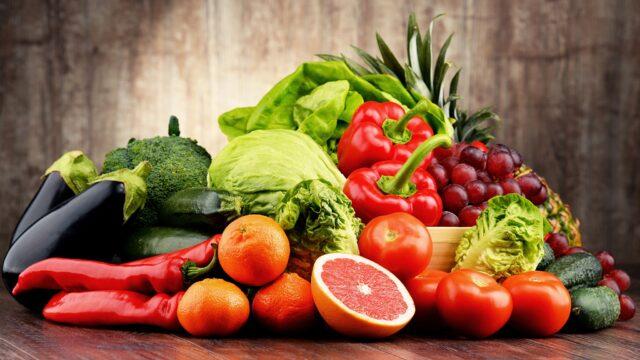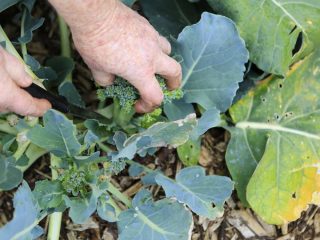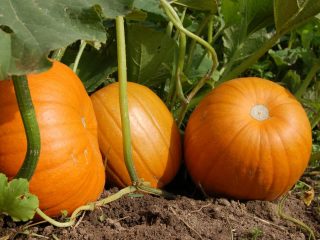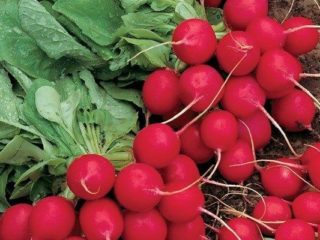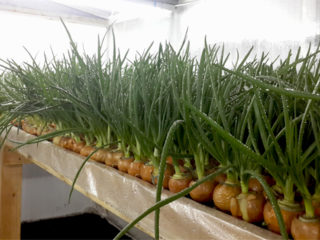Content
Vegetables are food products that are the edible part of herbaceous plants. They are used as raw materials for further processing and eaten raw. In order to supply goods to the territory of the EAEU, entrepreneurs are required to conduct a preliminary conformity assessment. During procedures, the procedure for which is established by law, their parameters are compared with the standards fixed by technical regulations.
Mandatory product conformity assessment
Vegetables belong to the category of food products, and therefore are subject to two technical regulations of the Customs Union:
- 021/2011 - contains food safety standards, defines the rules and principles that companies and individual entrepreneurs included in the supply chain must adhere to;
- 022/2011 – establishes requirements for the completeness and reliability of food product labeling.
If food products are supplied in processed form with the addition of auxiliary substances (for example, preservatives, flavor enhancers), TR CU 029/2012 is additionally applied. If sold in the form of juices or purees - TR CU 023/2011.
According to Art. 21 TR CU 021/2011, assessment activities are carried out in the declaration format.To carry out the procedure, the entrepreneur must provide product samples, as well as technical documentation. Russian manufacturers are required to have GOST or technical specifications, and importers are required to have a specification.
Declaration is carried out in relation to goods produced serially or for a one-time delivery. In the first case, the permit is issued with a limitation on the validity period (no more than 5 years), in the second - on the quantity of goods.
Laboratory research as part of the declaration
To accept the CU TR declaration, an entrepreneur needs to organize testing of product samples in a laboratory. Indicators that are subject to verification are listed in TR CU 021/2011. These include the following:
- appearance;
- taste qualities;
- ripeness, freshness;
- content of pathogenic microorganisms;
- content of toxic substances (lead, arsenic, cadmium, mercury, tin, etc.);
- content of nitrates and pesticides;
- absence of antibiotics;
- absence of mold and mildew elements in the batch, etc.
Based on the results of the inspection, a test report is drawn up, which is certified by the laboratory. The document is drawn up in two copies, one of which is given to the entrepreneur. It must be stored for at least 5 years after the expiration date of the declaration or 10 years if it is issued for a batch.
Phytosanitary certification of vegetables
Phytosanitary certification is carried out by the exporter for the purpose of passing phytosanitary control at the border of the Russian Federation. Fresh vegetables that have not been processed and packaged belong to the category of regulated products according to the Decision of the Customs Union No. 318 of June 18, 2010.
For the purpose of certification, entrepreneurs apply to authorized bodies accredited by Rosselkhoznadzor. The applicant is required to:
- detailed information about the products and their samples;
- data on the route of the party;
- foreign trade contract;
- information on applied control methods, etc.
A batch of goods undergoes research to determine whether it is contaminated with pathogenic microorganisms and insects, or whether it poses a danger to the health of consumers.
A phytosanitary certificate is issued only for one batch that has passed the checks required by law. Its validity period is 14 or 15 days, depending on the country of import of plant products.
Voluntary certification of vegetables
In addition to the mandatory documentation, a voluntary certificate can be issued for vegetables of Russian or foreign origin. The document is a confirmation of their high quality. It mentions only those characteristics of the product that the applicant himself considered necessary to confirm:
- appearance, size of vegetables;
- taste qualities;
- absence of foreign impurities in the batch;
- absence of rotten, damaged elements;
- freshness, ripeness, etc.
Selected characteristics are tested in an accredited laboratory. The identified indicators are compared with the standards recorded in the applicant’s technical documentation.
The certificate is issued for a period of up to 3 years. It allows you to attract the attention of consumers to the advantages of the brand, helps the holder increase sales and develop new markets.
How is the declaration adopted?
According to Order of the Ministry of Economic Development No. 478 of July 31, 2020, the declaration is drawn up by the applicant himself, who takes responsibility for the safety of food products. For this purpose, a special service has been developed by the Federal State Information System of the Russian Accreditation Service, which can be accessed through the personal account of a company or individual entrepreneur on State Services.
To register, the entrepreneur fills out a unified application, which indicates information about the product, manufacturer, and supplier. Also, evidentiary materials (test reports, production control reports) are uploaded to the document. The application is certified by the businessman’s enhanced digital signature.
The registration application is reviewed within three days, after which the declaration is assigned a number, and information about it is added to the FSA electronic register. From this moment on, the entrepreneur receives the right to affix the “EAC” marking to the product and release it for sale in the territory of the Customs Union.
For all questions related to declaration, entrepreneurs have the right to receive assistance from a certification center.
